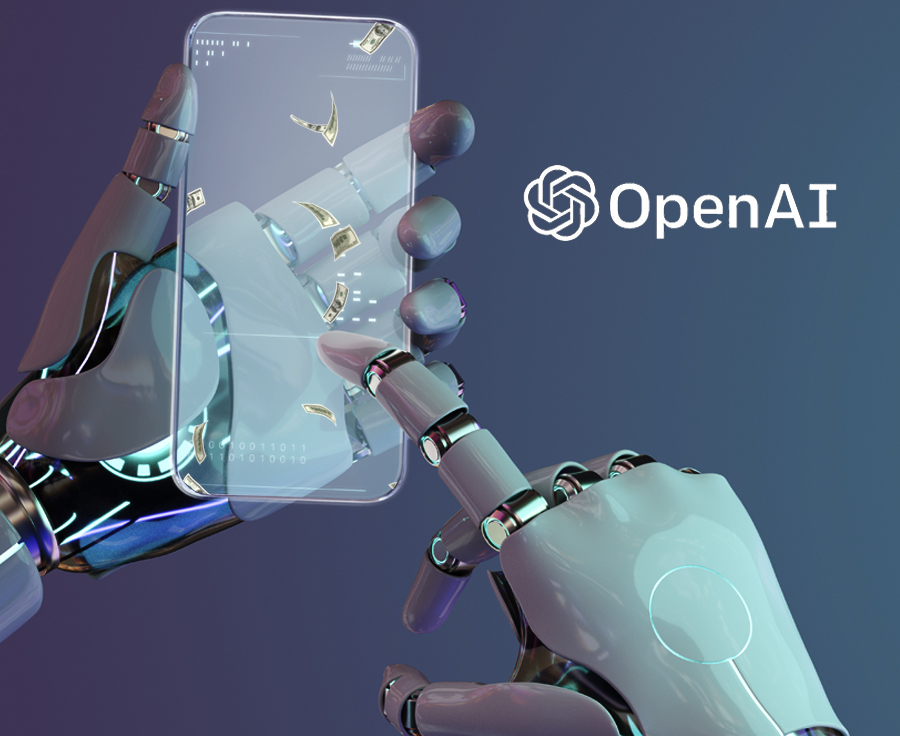Apple, Microsoft, and Google are spearheading a technological revolution with their vision of AI smartphones and computers. These advanced devices aim to automate tasks like photo editing and sending birthday wishes, promising a seamless user experience. However, to achieve this level of functionality, these tech giants are seeking increased access to user data.
In this evolving landscape, users are confronted with the decision of whether to share more personal information. Windows computers may capture screenshots of user activities, iPhones could aggregate data from various apps, and Android phones might analyse calls in real time to detect potential scams. The shift towards data-intensive operations raises concerns about privacy and security, as companies require deeper insights into user behaviour to deliver tailored services.
The emergence of OpenAI’s ChatGPT has catalysed a transformation in the tech industry, prompting major players like Apple, Google, and Microsoft to revamp their strategies and invest heavily in AI-driven services. The focus is on creating a dynamic computing interface that continuously learns from user interactions to provide proactive assistance, an essential strategy for the future. While the potential benefits of AI integration are substantial, inherent security risks are associated with the increased reliance on cloud computing and data processing. As AI algorithms demand more computational power, sensitive personal data may need to be transmitted to external servers for analysis. The data transfer to the cloud introduces vulnerabilities, potentially exposing user information to unauthorised access by third parties.
Against this backdrop, tech companies have emphasised their commitment to safeguarding user data, implementing encryption and stringent protocols to protect privacy. As users navigate this evolving landscape of AI-driven technologies, understanding the implications of data sharing and the mechanisms employed to protect privacy is crucial. Apple, Microsoft, and Google are at the forefront of integrating AI into their products and services, each with a unique data privacy and security approach. Apple, for instance, unveiled Apple Intelligence, a suite of AI services integrated into its devices, promising enhanced functionalities like object removal from photos and intelligent text responses. Apple is also revamping its voice assistant, Siri, to enhance its conversational abilities and provide it with access to data from various applications.
The company aims to process AI data locally to minimise external exposure, with stringent measures in place to secure data transmitted to servers. Apple’s commitment to protecting user data differentiates it from other companies that retain data on their servers. However, concerns have been raised about the lack of transparency regarding Siri requests sent to Apple’s servers. Security researcher Matthew Green argued that there are inherent security risks to any data leaving a user’s device for processing in the cloud.
Microsoft has introduced AI-powered features in its new Windows computers called Copilot+ PC, ensuring data privacy and security through a new chip and other technologies. The Recall system enables users to quickly retrieve documents and files by typing casual phrases, with the computer taking screenshots every five seconds for analysis directly on the PC. While Recall offers enhanced functionality, security researchers caution about potential risks if the data is hacked. Google has also unveiled a suite of AI services, including a scam detector for phone calls and an ‘Ask Photos’ feature. The scam detector operates on the phone without Google listening to calls, enhancing user security. However, concerns have been raised about the transparency of Google’s approach to AI privacy, particularly regarding the storage and potential use of personal data for improving its services.
Why does it matter?
As these tech giants continue to innovate with AI technologies, users must weigh the benefits of enhanced functionalities against potential privacy and security risks associated with data processing and storage in the cloud. Understanding how companies handle user data and ensuring transparency in data practices are essential for maintaining control over personal information in the digital age.









